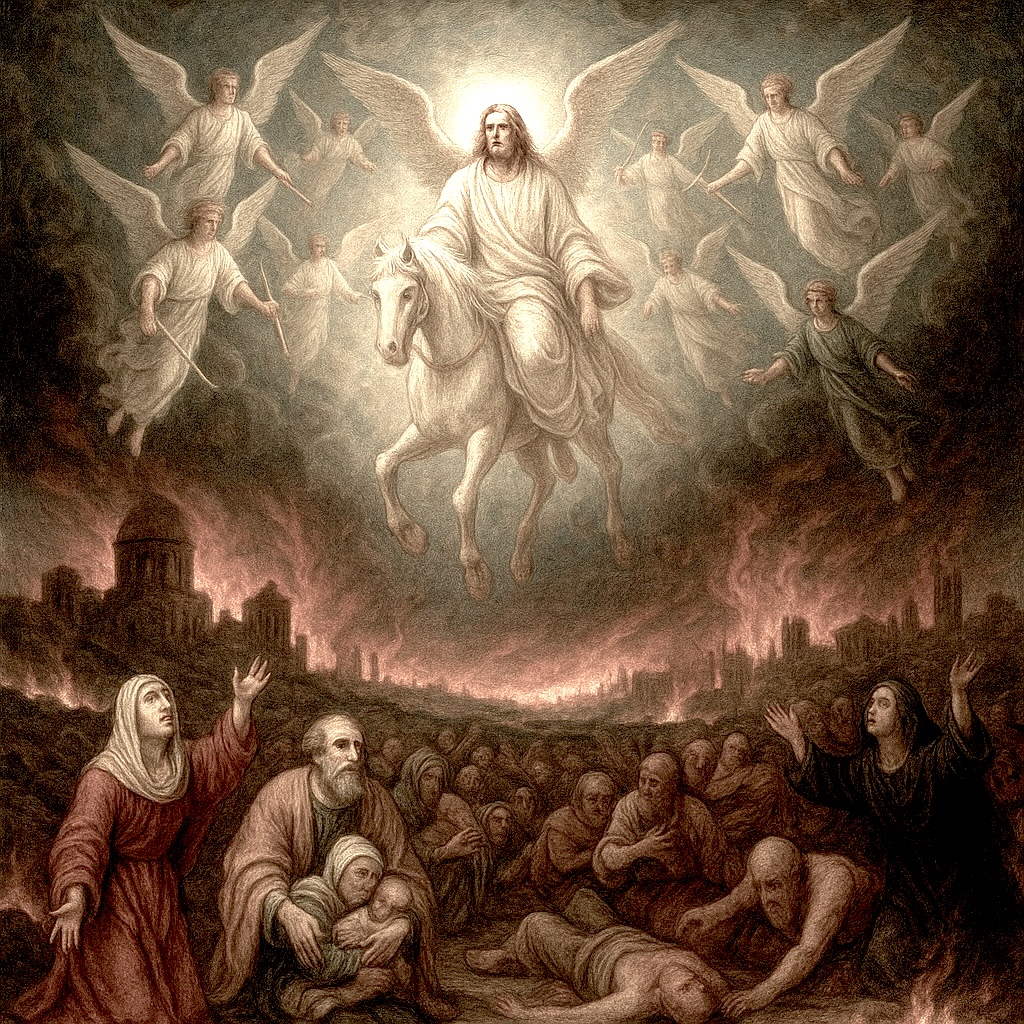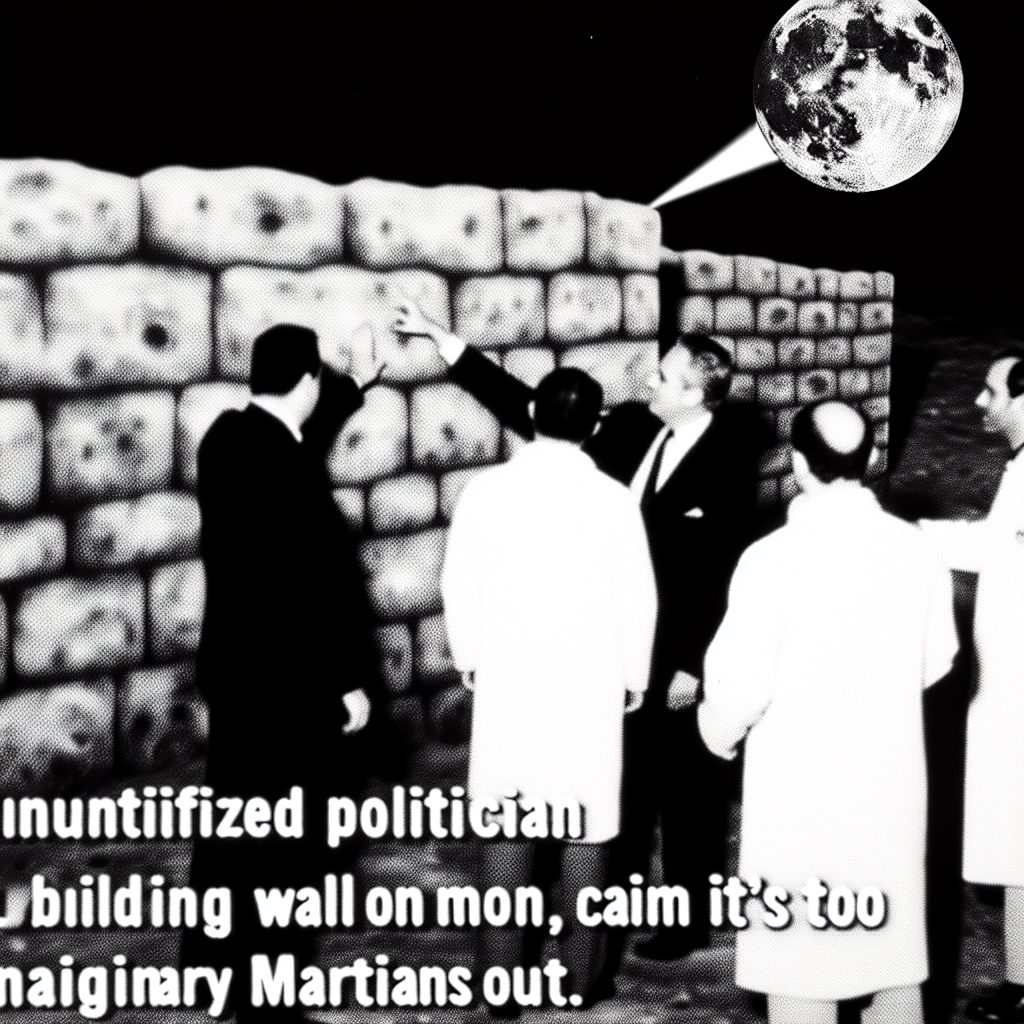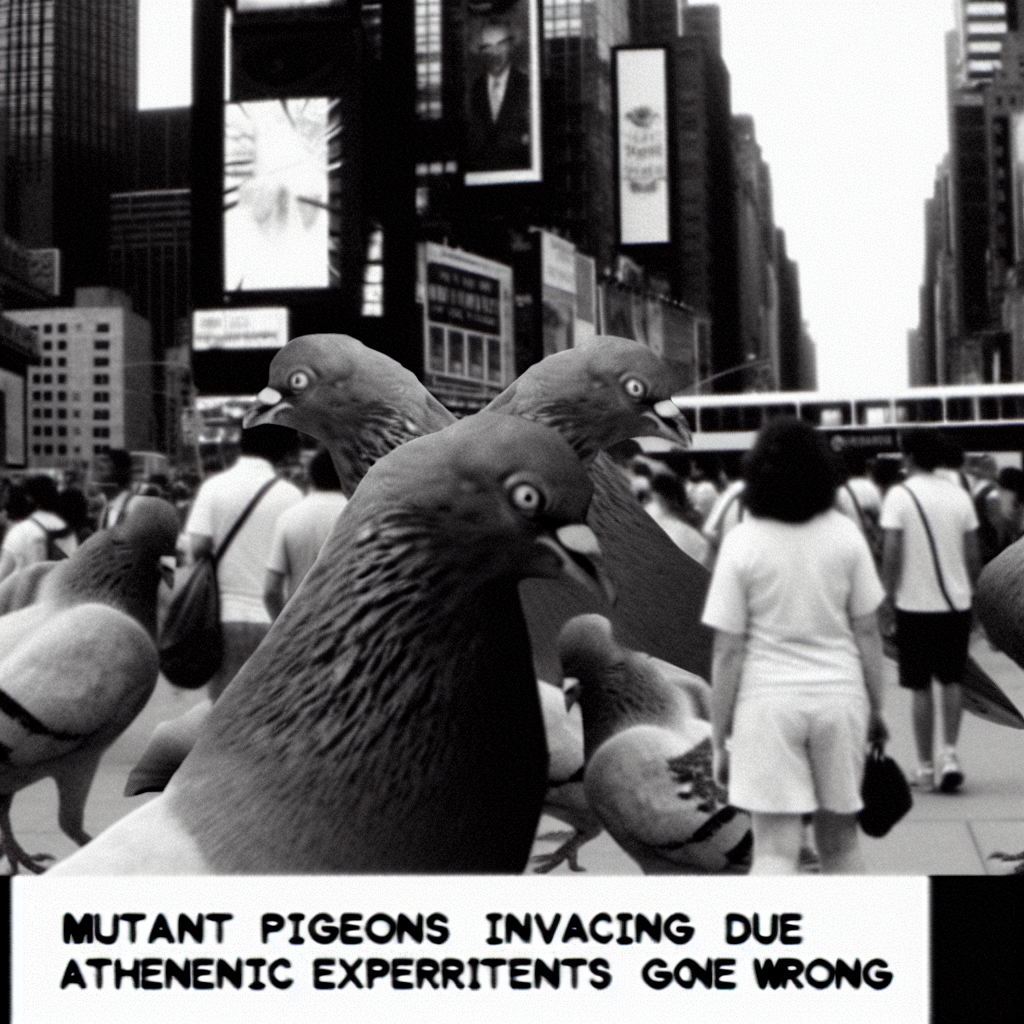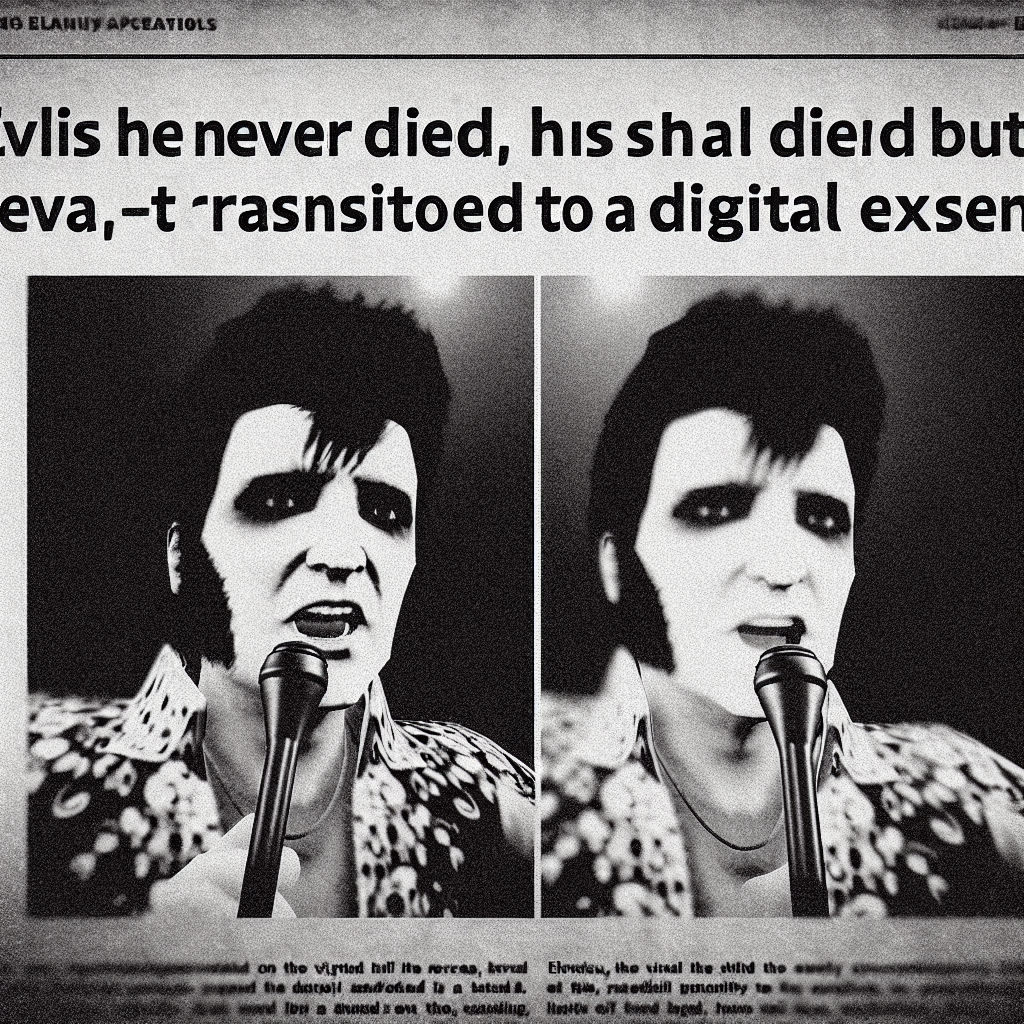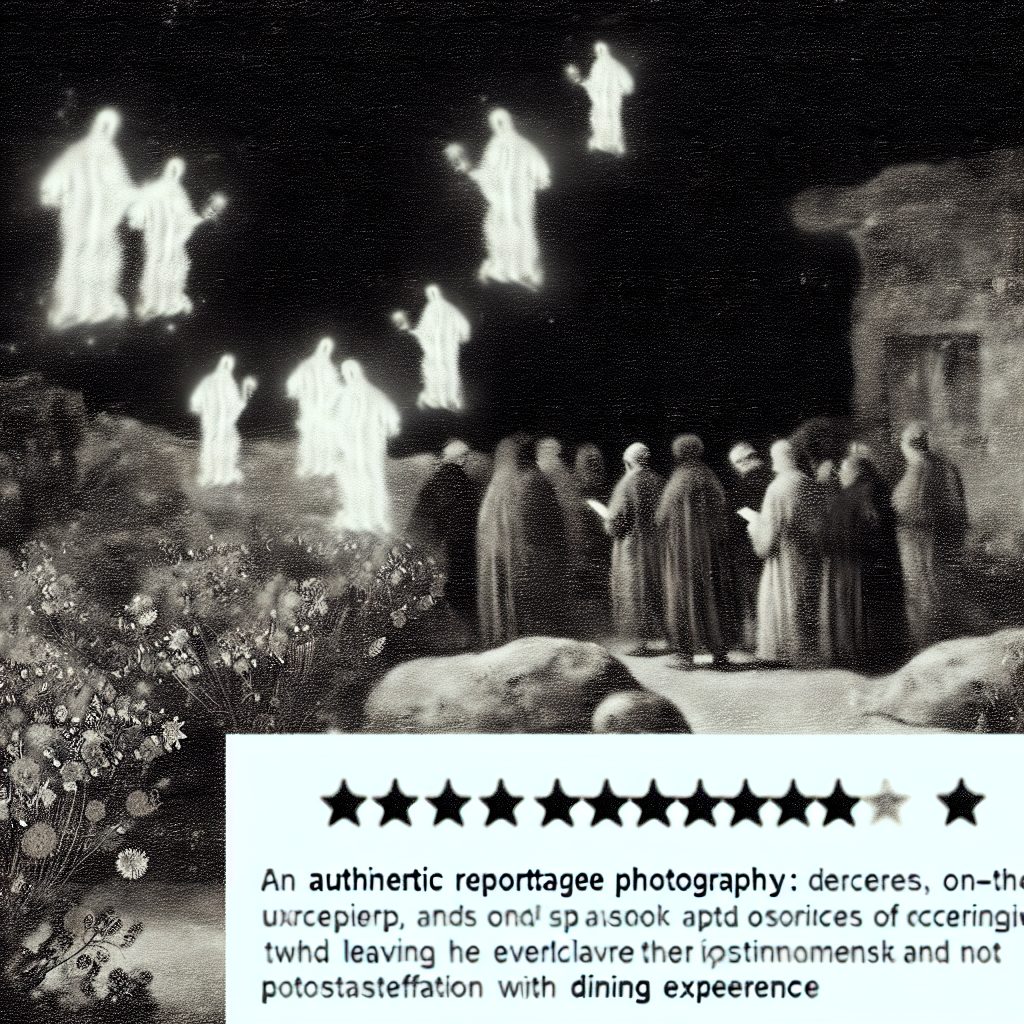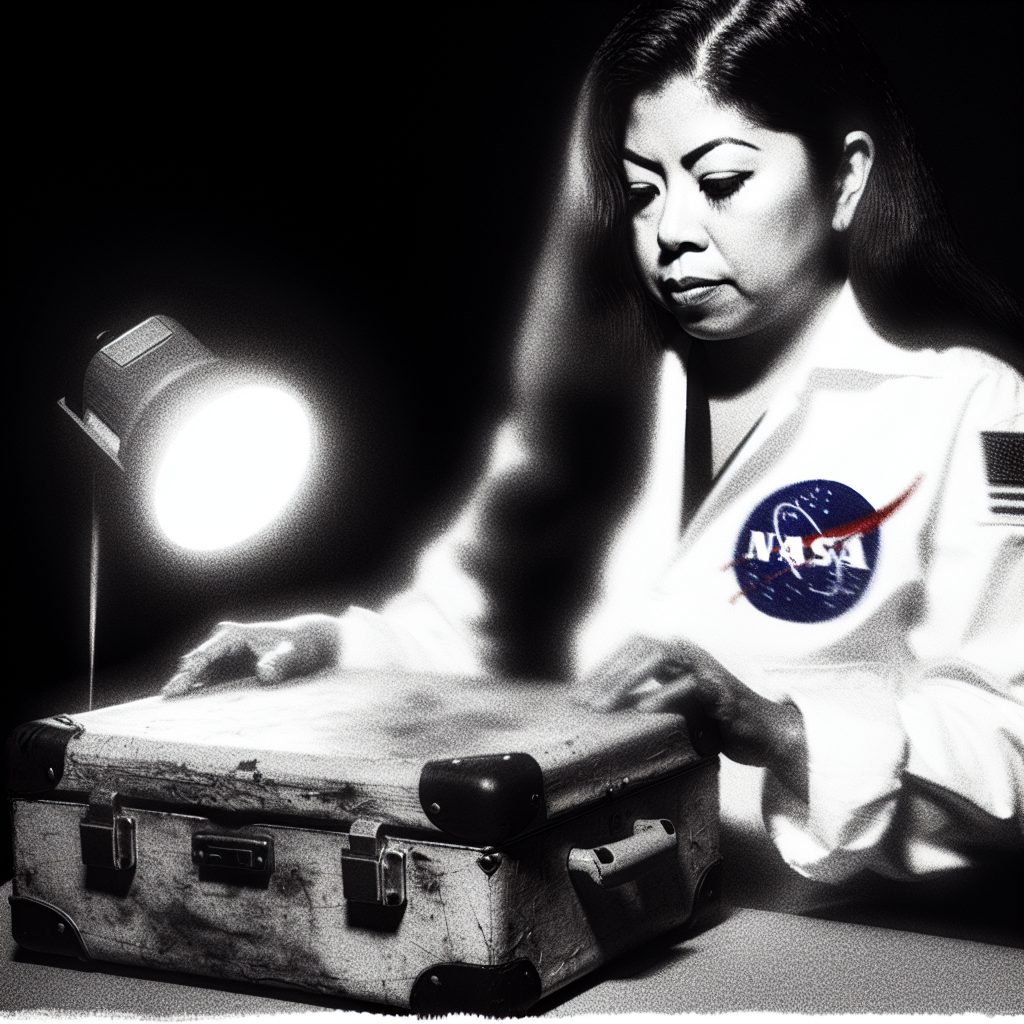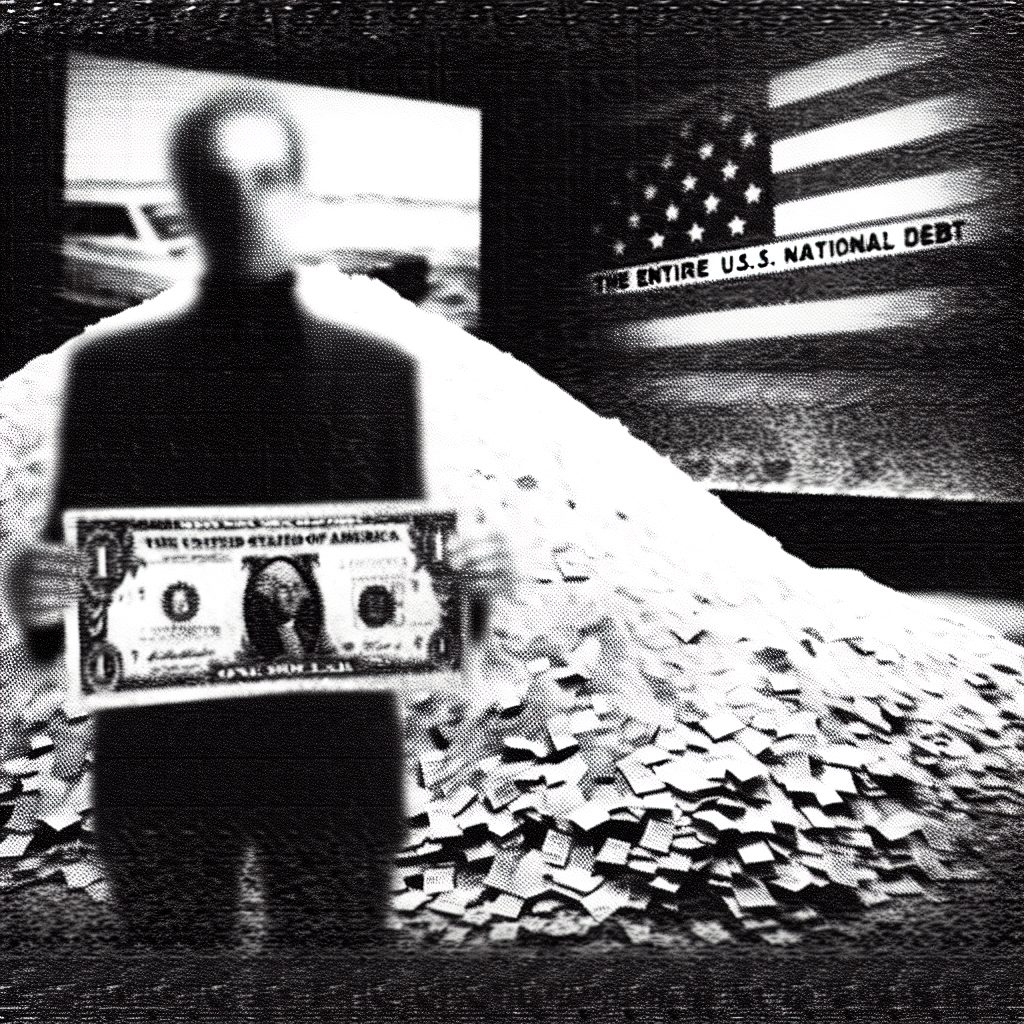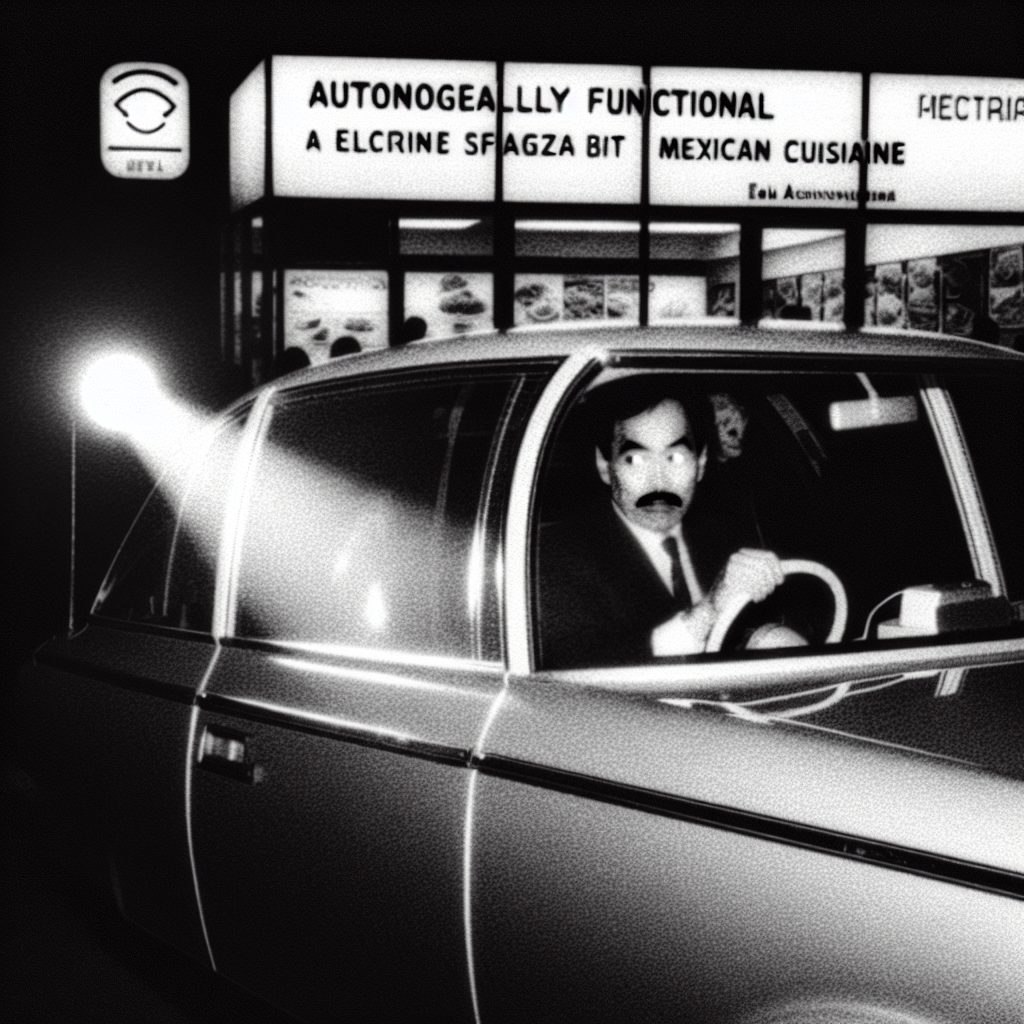YELP REVIEWS WRITTEN BY GHOSTS OF DISAPPOINTED CUSTOMERS
Restaurant rating platform haunted by spirits seeking posthumous dining revenge
SACRAMENTO, CA – A chilling investigation into the popular restaurant review platform Yelp has uncovered what paranormal experts are calling the most disturbing case of digital haunting in internet history. According to sources within the company and independent researchers, hundreds of scathing restaurant reviews are being posted by the vengeful spirits of customers who died before they could properly express their dining dissatisfaction.
The shocking revelation came to light when Yelp’s content moderation team noticed an alarming pattern of reviews being posted from accounts belonging to deceased users. These ghostly critics, apparently tethered to the mortal realm by their unfinished business with subpar service and overpriced appetizers, have found a way to manipulate the platform from beyond the grave.
“I was working the late shift when I noticed reviews appearing on restaurants that seemed impossible,” revealed former Yelp employee Marcus Chen, who quit his job after witnessing what he describes as “supernatural customer service nightmares.” “The accounts belonged to people who had been dead for months, sometimes years, but they were leaving detailed reviews about recent dining experiences. The writing style would completely change mid-review, becoming more archaic and filled with references to ‘crossing over’ and ‘unfinished earthly matters.'”
The phenomenon appears to be concentrated around restaurants with particularly poor track records. Giuseppe’s Italian Bistro in downtown Sacramento has been hit especially hard, receiving over 200 posthumous reviews in the past six months alone. The spectral critics seem particularly incensed by the restaurant’s notorious practice of charging extra for parmesan cheese and their habit of seating customers near the kitchen’s swinging doors.
Dr. Evelyn Blackthorne, a leading expert in digital paranormal activity at the Institute for Supernatural Technology Studies, believes this represents a new evolution in ghostly manifestation. “Traditional hauntings were limited to physical locations, but we’re now seeing spirits adapt to our digital age,” she explained during an emergency press conference. “These entities have learned to manipulate electromagnetic fields to interact with servers and databases. They’re essentially hacking the internet from the afterlife to settle their gastronomic grievances.”
The ghostly reviews follow distinct patterns that differentiate them from living users. They often begin normally but gradually incorporate otherworldly complaints such as “the breadsticks were as cold as my eternal resting place” or “service slower than my journey through purgatory.” Many conclude with ominous warnings about the restaurant’s “spiritual implications” and threats to “haunt the establishment until proper amends are made.”
Restaurant owners targeted by these supernatural critics report experiencing unexplained phenomena beyond the damaging online reviews. Flickering lights, mysteriously rearranging furniture, and the persistent smell of sulfur near cash registers have become common complaints. Several establishments have reported their point-of-sale systems spontaneously generating receipts for items never ordered, always totaling $6.66.
Yelp’s corporate headquarters has remained suspiciously silent about the situation, with company representatives refusing to comment on what insiders are calling “Operation Phantom Feedback.” Sources within the tech giant suggest that attempts to delete the ghostly reviews have proven futile, as they reappear within hours, often with additional complaints about “corporate censorship of the deceased.”
The situation has created an underground network of paranormal investigators and restaurant industry workers who share information about affected establishments. They’ve documented cases where entire dining rooms have been cleared by invisible forces during busy dinner rushes, with witnesses reporting the sound of ghostly voices demanding to speak with managers who are “still among the living.”
Food industry experts warn that this supernatural phenomenon could fundamentally alter how restaurants operate, with some establishments now hiring spiritual consultants alongside traditional customer service trainers. The economic impact remains unclear, but early estimates suggest that haunted restaurants are losing an average of 30% of their business due to fear of both poor reviews and potential paranormal encounters.
As this otherworldly customer feedback crisis continues to unfold, one thing remains certain: death, it seems, is no longer a barrier to leaving a one-star review.
The characters and events depicted in this story are entirely fictitious. Any similarity to real persons, living or dead, or to actual events is unintentional and purely coincidental.


